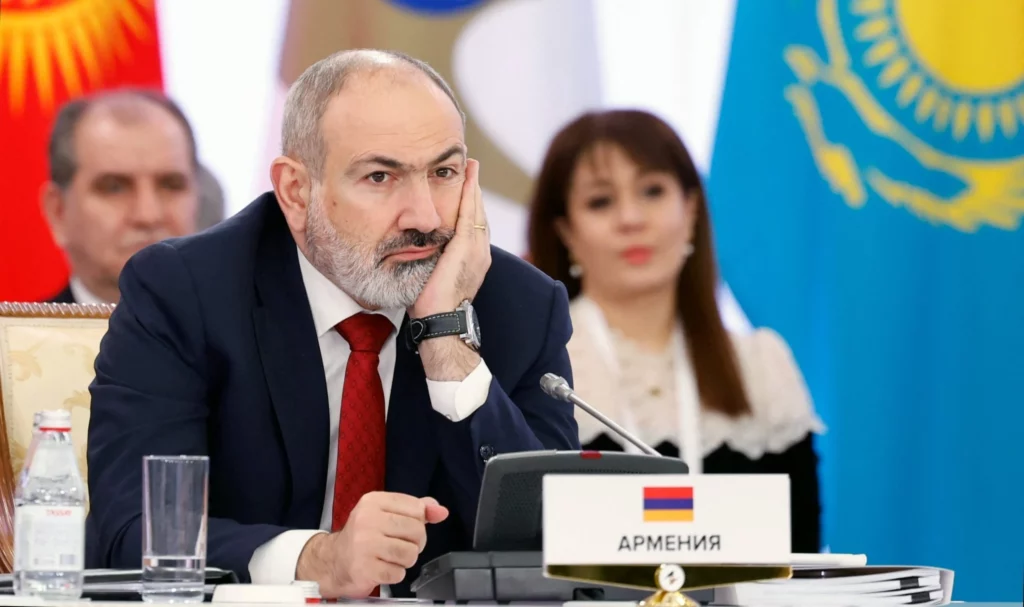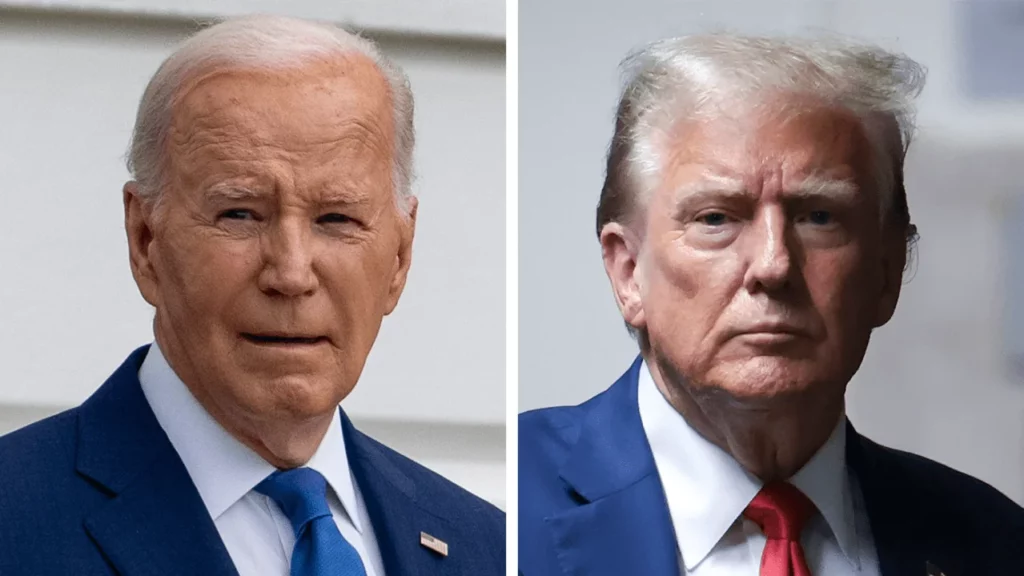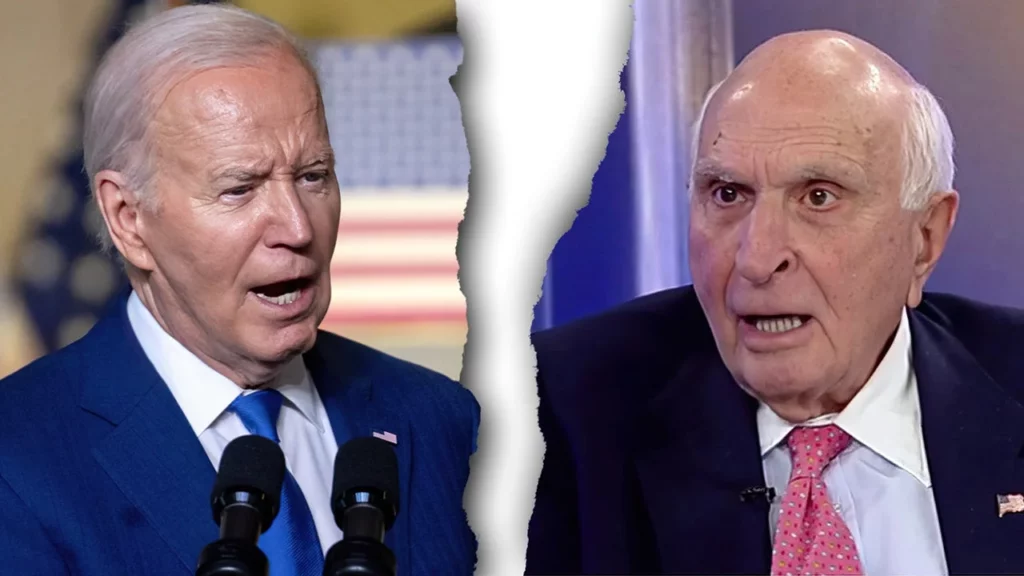Armenia’s Pivot to the EU and the Russian Complication
Armenia is navigating a delicate transition, aiming to strengthen its ties with the European Union amidst a backdrop of longstanding dependency on Russia. This strategic shift is prompted by Armenia’s desire for diversification in foreign policy and security, as well as for economic growth. The EU’s interest in expanding its influence in the South Caucasus, coupled with Armenia’s pursuit of EU membership, signals a potential realignment in regional geopolitics. However, the presence of the Russian military and Armenia’s intricate relationship with Russia present significant challenges to this pivot. Russia’s reaction, emphasizing a reconsideration of its relationship with Armenia if it continues aligning with the West, underscores the complexities facing Yerevan’s European integration dreams.
Internal and External Dynamics of Armenia’s EU Dream
Armenia’s tilt towards the EU reflects broader geopolitical shifts and internal disillusionment with Russian support, especially after the Nagorno-Karabakh conflict. The growing estrangement is marked by Armenia diversifying its military purchases and seeking new alliances, challenging the traditional security framework dominated by Russia. Meanwhile, the EU has shown increased interest in Armenia, expanding its civilian mission and initiating a visa liberalization process. This evolving relationship highlights the EU’s strategic interests in the region and Armenia’s quest for autonomy in its foreign policy.
The Road Ahead: Opportunities and Obstacles
Armenia’s European aspirations and the distancing from Russia illustrate the country’s ambition to redefine its place on the global stage. However, this path is fraught with geopolitical risks and uncertainties, particularly concerning security and economic dependencies. The potential for strained relations with Russia poses significant challenges, yet it also opens avenues for Armenia to craft a more balanced and diversified foreign policy. As Armenia explores closer ties with the EU, the outcome of this delicate balancing act will have profound implications for regional dynamics and Armenia’s future.






